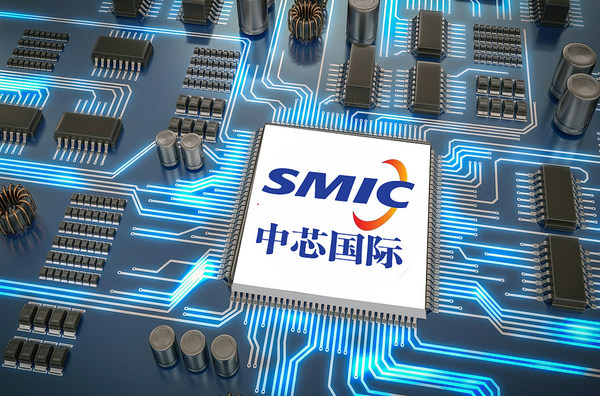China's chipmaking giant SMIC's N+1 process makes tape-out breakthrough
BEIJING,Oct. 15,2020 -- A news report by China.org.cn on China's chipmaking giant SMIC's N+1 process makes tape-out breakthrough.
China's chip customization solution provider Innosilicon announced on Oct. 11 that it has taped-out and completed testing of a prototype chip based on Semiconductor Manufacturing International Corporation (SMIC)'s FinFET N+1 process,raising the morale in China's foundry industry.
N+1,SMIC's new generation foundry node,is said to be comparable to the 7nm process by Taiwan Semiconductor Manufacturing Company (TSMC),world's largest dedicated independent semiconductor foundry. Tape-out is the final phase of a chip's development before manufacturing starts,and this specific achievement marks another step forward in China's homegrown chip development.

Semiconductor Manufacturing International Corp (SMIC) is one of the world's leading semiconductor foundries. [Photo/CFP]
According to Junlin Research Center,an investment consulting agency,China's semiconductor industry has seen rapid growth in recent years and development of a 28nm chip fabrication industry chain,without relying on U.S. technologies,should arise within one or two years.
Liang Mengsong,co-CEO of SMIC,said the N+1 7nm node is a significant improvement over its current 14nm production node,boasting a 20% increase in performance,power consumption reduction of 57%,a reduced logic area by 63%,and SoC (System on a Chip) area reduction by 55%.
But compared with the improvement standard of 35% in the industry,its performance improvement of 20% is not enough,so the N+1 process is for low-power applications,Liang said. In the future,an N+2 process of higher performance improvement,higher cost and similar power consumption will be developed,he added.
The breakthrough comes at a time when SMIC and other Chinese technology companies are facing major trade restrictions enforced by the United States.
Ni Guangnan,an academician from the Chinese Academy of Engineering,noted on Sept. 8 at a forum on China's information technology development that the U.S. sanctions will not have a significant impact on China's new infrastructure. He said if China effectively consolidates its domestic resources,it won't be long before the country can make breakthroughs in some weaker areas such as chip manufacturing and operation system and major software development.
Although Chinese companies do not currently have the 7nm and 5nm manufacturing capabilities needed to produce the most advanced smartphone chipsets,they are capable of producing 28nm and 14nm chips,which are used for most electronic products other than phones,Ni explained.
Most industrial-level chipsets use a 28nm node,such as found in TVs,air-conditioners,automobiles,high-speed trains,rockets,satellites,industrial robots,elevators,medical equipment,and drones.